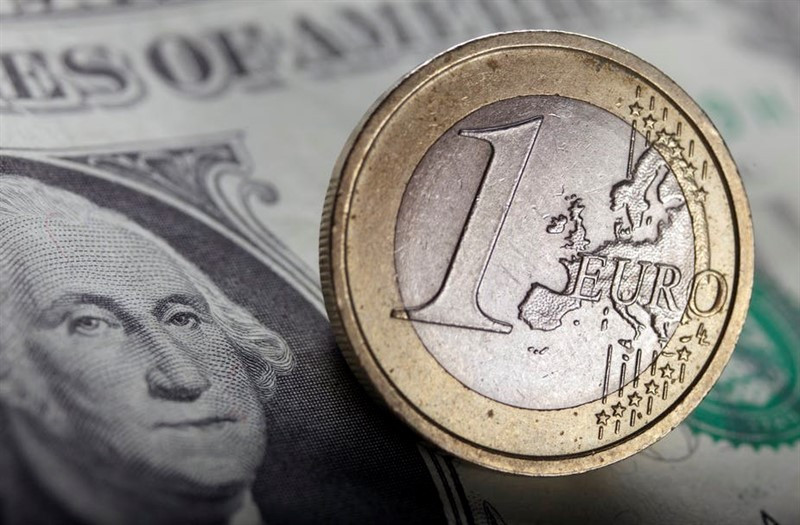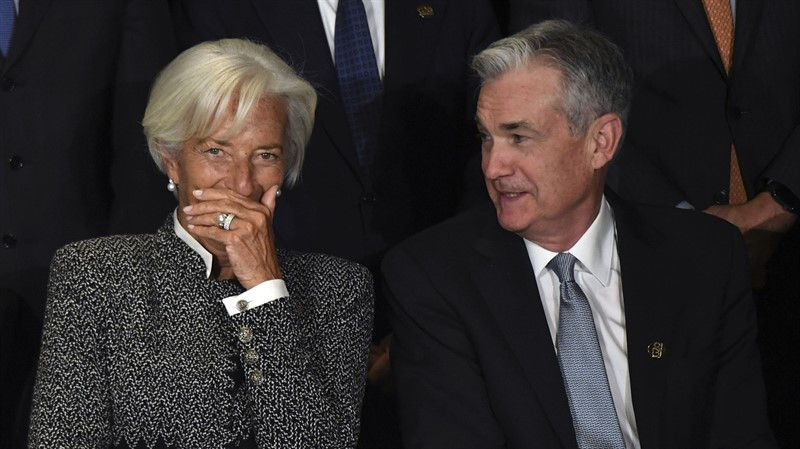
Encouraging statements by health experts about the relatively low risk of the latest strain of coronavirus have generated cautious optimism in global markets and sparked talk about the possible imminent end of the pandemic.
The main Wall Street indexes showed another fruitful session the day before, increasing by an average of 1.4-3%. At the same time, for Nasdaq and S&P 500, the rise was the highest since the beginning of March.
After a couple of days without negative news about Omicron, fans of buying stocks on the decline returned to the market.
"Portfolio managers didn't want to be left behind by the impressive rally driving stocks higher. Did the seasonal Santa Claus rally, which we usually see at some point in December, start yesterday? Of course, there is a fear of missing something," said Wedbush Securities analysts.
Analysts do not exclude that as encouraging news continues to arrive, stock markets could theoretically return to the area of record highs, however, they warn that when predicting a bullish scenario, it is necessary to take into account other factors that are so far ignored by investors fixated on the virus.
Goldman Sachs analysts believe that it is dangerous to buy cheaper stocks now. According to them, December volatility is just beginning, and the coming weeks will be bumpy for the stock market, which increases the likelihood of sharp price fluctuations in both directions.
There are still enough reasons for concern.
In particular, uncertainty remains regarding China's real estate sector, where Evergrande is still teetering on the brink of default. The company was unable to make payments on some bonds denominated in US dollars at the end of the one-month grace period, according to Reuters.
Kaisa, the second largest holder of external debt among developers after Evergrande, also missed bond payments, and it is unclear whether the company will fulfill its debt obligations worth $400 million, the deadline for which came on Tuesday.
So far, local authorities manage to control the situation, which calms investors, but sooner or later the markets may react.
In addition, in a week, the Federal Reserve is likely to announce an acceleration of the curtailment of the asset repurchase program.
The baseline scenario assumes that the central bank will increase the rate of QE reduction by half, to $30 billion per month. A more aggressive option has not yet been taken into account in the quotes and will be an unpleasant surprise for the markets.
At the same time, even an increase in volumes by $15 billion, seasoned with hawkish comments from the Fed leadership, will be enough for the retreat of stocks sensitive to news headlines on the topic of the virus.
However, the players may have a reason to take profits earlier – as the US will publish a monthly inflation report this Friday. If the report reflects a further acceleration in consumer prices, it may prompt the Fed to curtail monetary stimulus faster and raise interest rates in 2022.
Strengthening expectations regarding an earlier tightening of the Fed's policy to limit the growth of inflation may help the USD.
In such a scenario, stock markets and the euro will be among the losers, which may suffer due to the expansion of divergence in the rates of the Fed and the European Central Bank.

So far, global markets are behaving positively and carefree, without losing faith in the potential of the Santa Claus rally.
"Markets continue to move with a high degree of optimism, believing that Omicron does not pose such serious health risks as previous variants of COVID-19, even if it is more contagious," National Australia Bank strategists said.
Just the day before, the British pharmaceutical company GSK published new data on first-stage studies, according to which the therapy developed by it together with the American partner Vir is effective against all mutations of the new strain Omicron.
"This lifted the mood in the markets, pushing up stocks, as well as riskier currencies," NAB noted.
Even the EUR/USD pair, which has been gradually sliding down lately and seemed ready to collapse under its own weight, did not stay away.
After touching a 1.5-week low in the area of 1.1230-1.1225, it was able to recover to 1.1270 on Tuesday. Increased risk appetite weakened the demand for a safe dollar, which became the main factor in the pair's recovery.
On Wednesday, it is trying to extend yesterday's rebound, trading above the 1.1300 mark, but the probability of retesting the 1.1200 level remains, and doubts remain about the further growth of the pair.
Despite the current weakness, the dollar retains its underlying strength, especially against the euro. It is assumed that the US central bank will begin tightening its monetary policy long before its European counterpart.
The futures market is still putting in quotes more than two full increases in the federal funds rate next year, starting in May. And this point of view is likely to be consolidated later this week when the release on US inflation is released, which is expected to reflect another sharp rise in consumer prices in November.
"We just saw terrible data on the number of orders for manufactured goods in Germany in October, and it can be assumed that the only assistance the euro can receive by the end of the year is if the ECB's position becomes less dovish," said ING. ...
"However, it is difficult to imagine this, since ECB President Christine Lagarde is consistently of the opinion that the rise in consumer prices in the euro area will be temporary, and therefore the central bank must adhere to its extremely soft position," they added.
"Now we do not know how the situation with Omicron will develop. If it does not have a significant negative impact on our forecast for economic growth, it is unlikely that the beginning of the curtailment of monetary stimulus will be postponed from the earlier designated date (March). If the situation worsens in February, we may change our mind. I guess we can start PEPP again or scale up the program if needed. So far, there is no indication that the spike in prices is triggering wage increases that could accelerate inflation. The main scenario assumes a fall in inflation below 2%," said a member of the ECB Board of Governors Martins Kazaks.
Until Friday, the economic calendar is not eventful. Therefore, the attitude of investors towards risk will be decisive for the short-term direction of trading.
In the absence of negative news about Omicron, the EUR/USD pair may maintain a bullish bias. However, after the release of the November report on US inflation, it risks again being under pressure from bears.
Initial support lies at 1.1260, followed by 1.1220 and 1.1185.
On the other hand, the nearest resistance is at 1.1310, and further at 1.1340 and 1.1380.





















